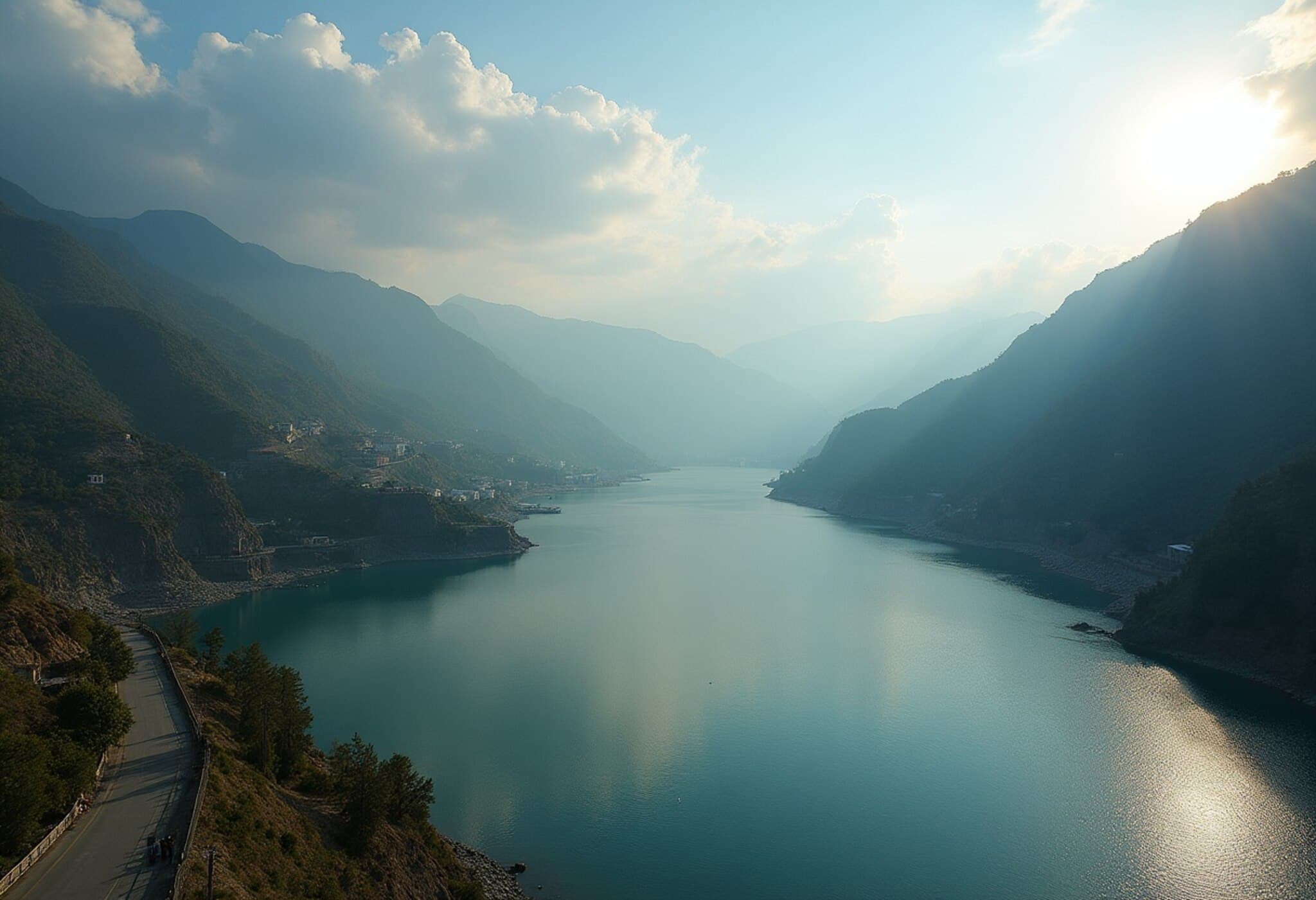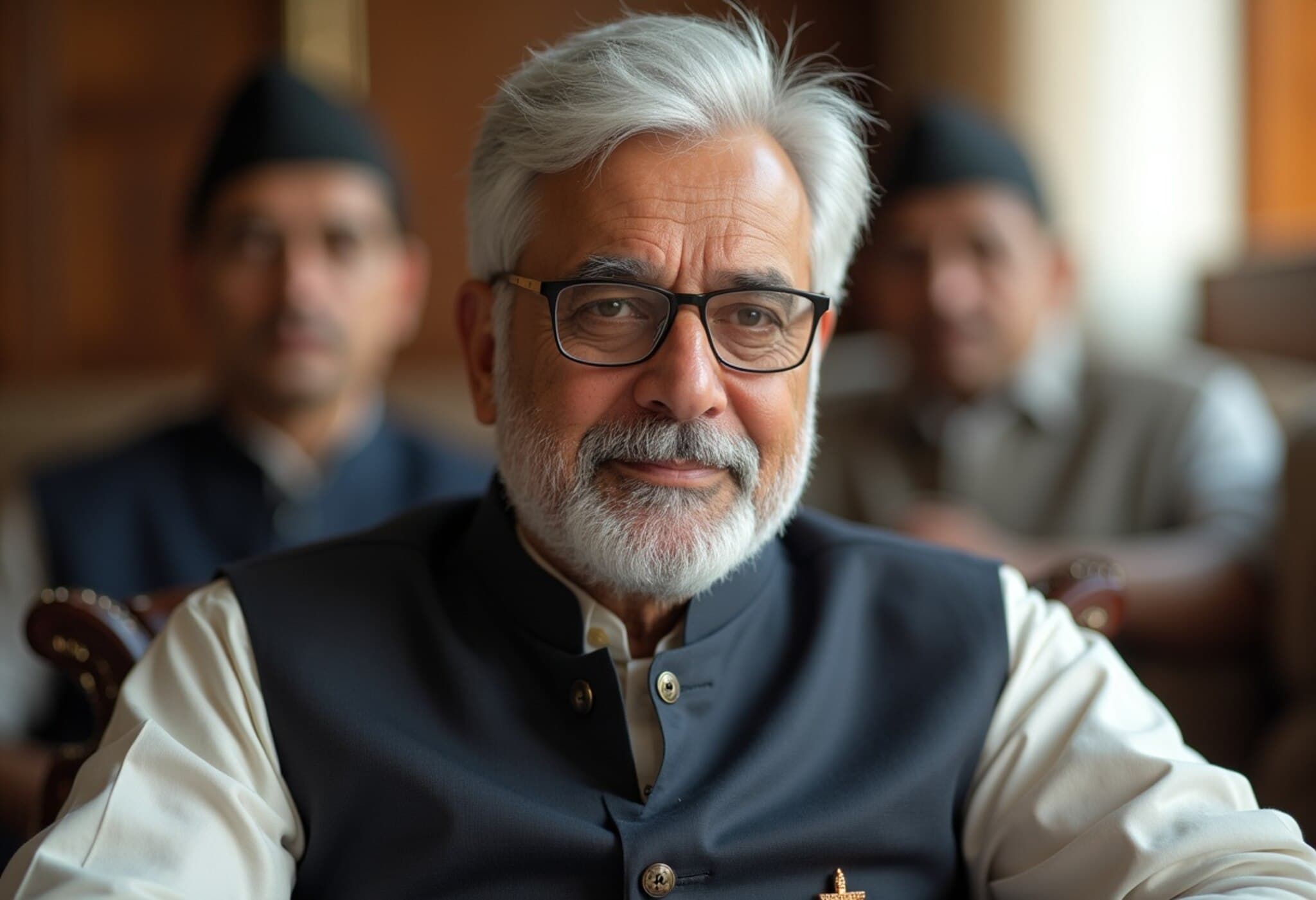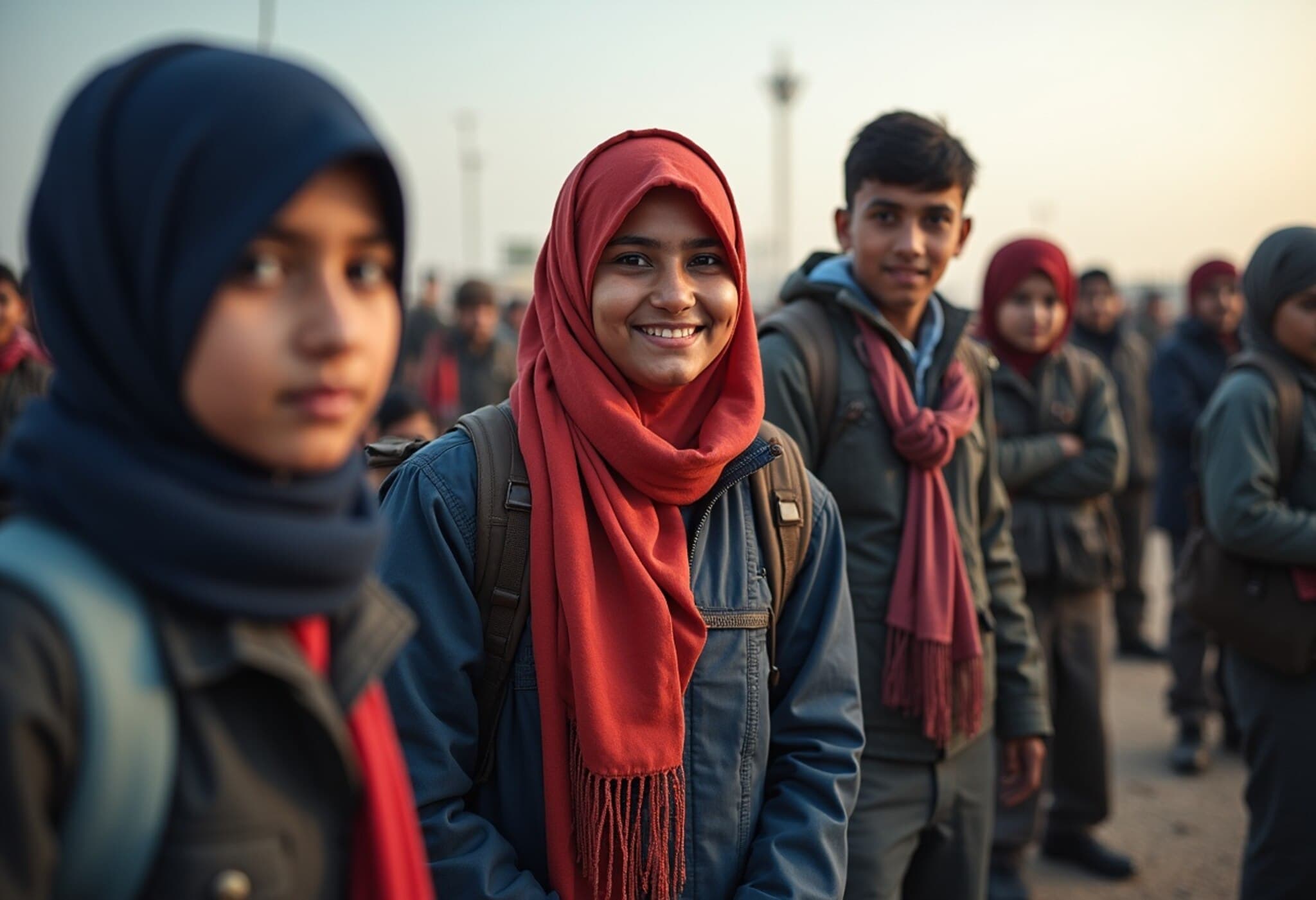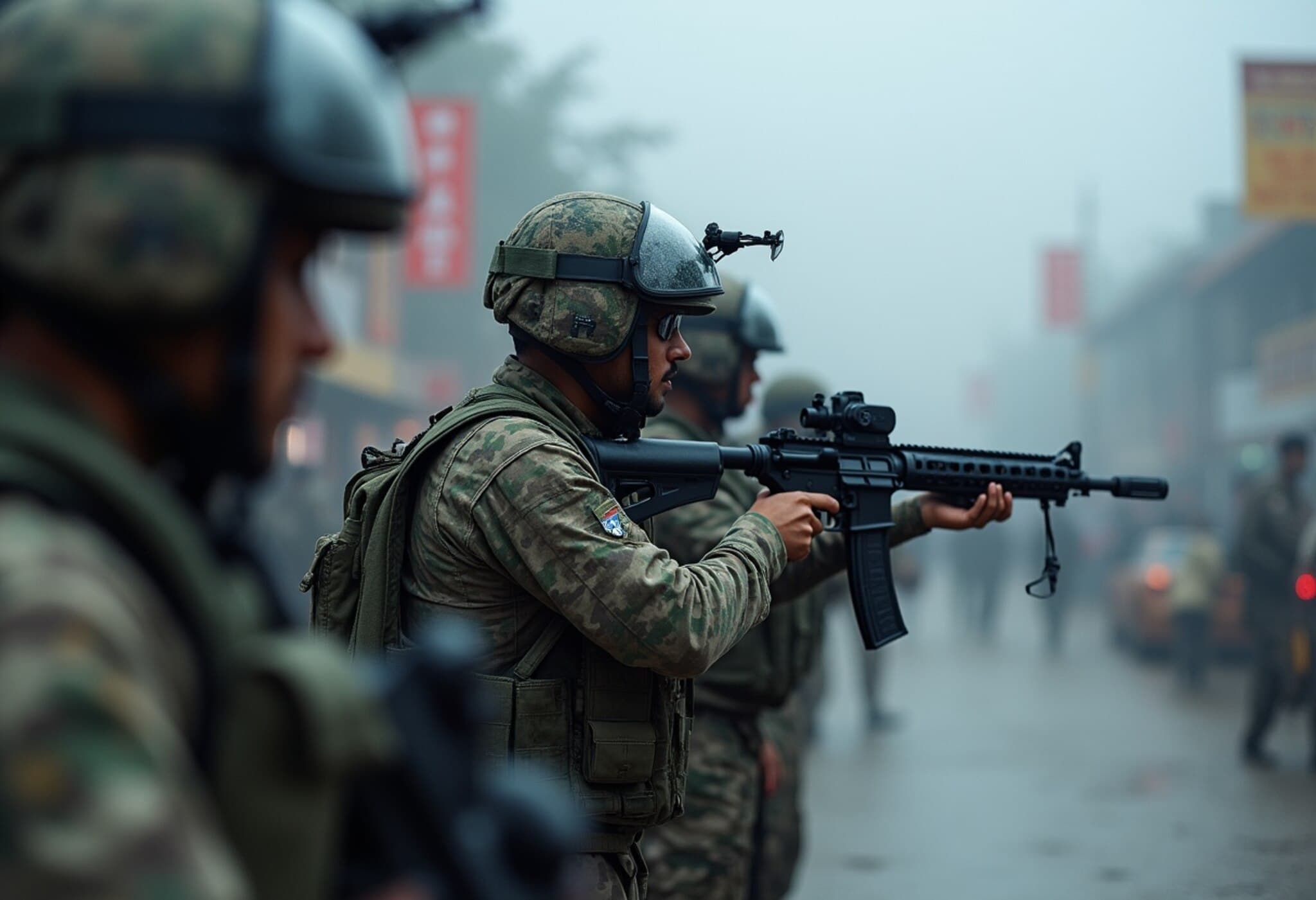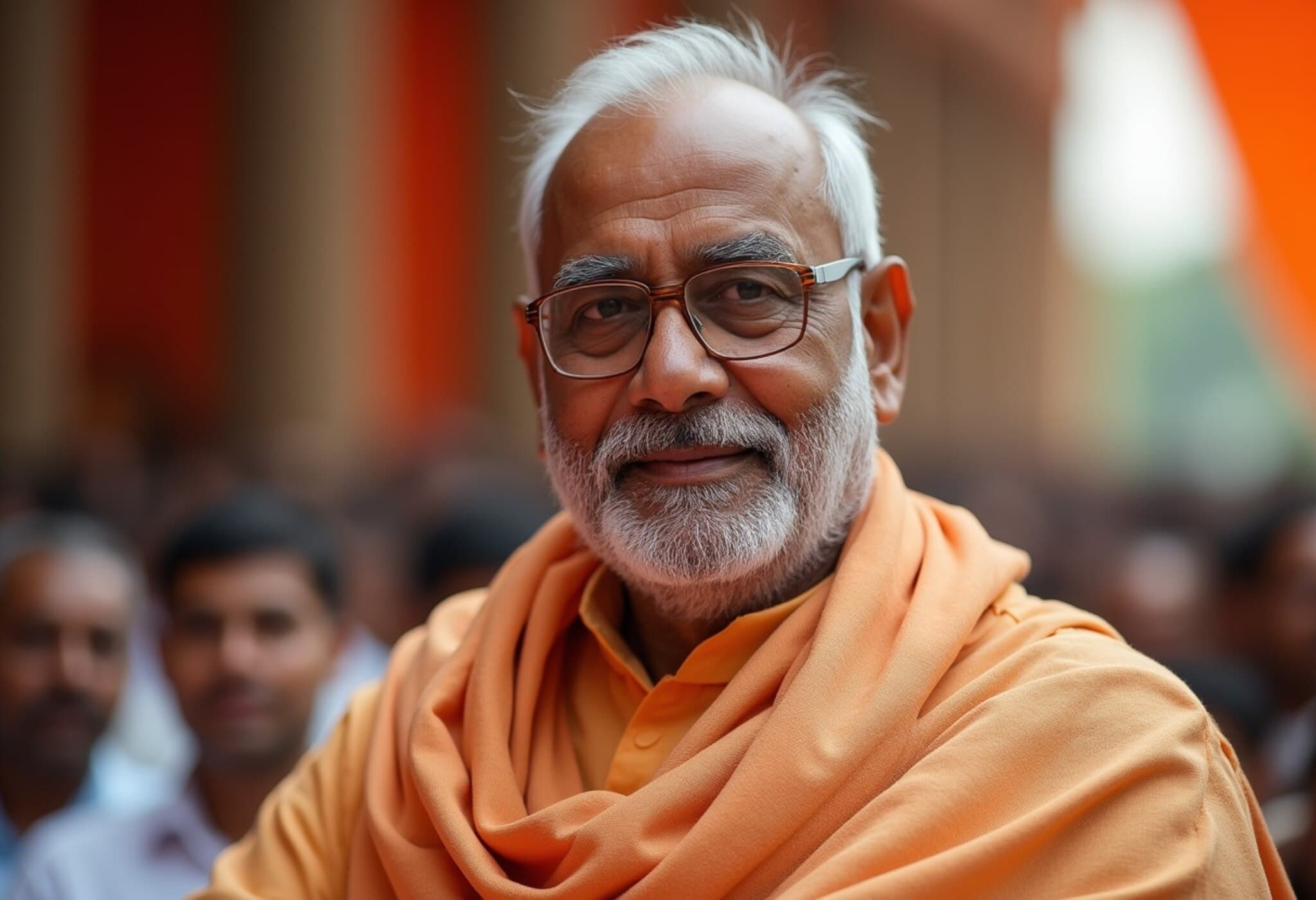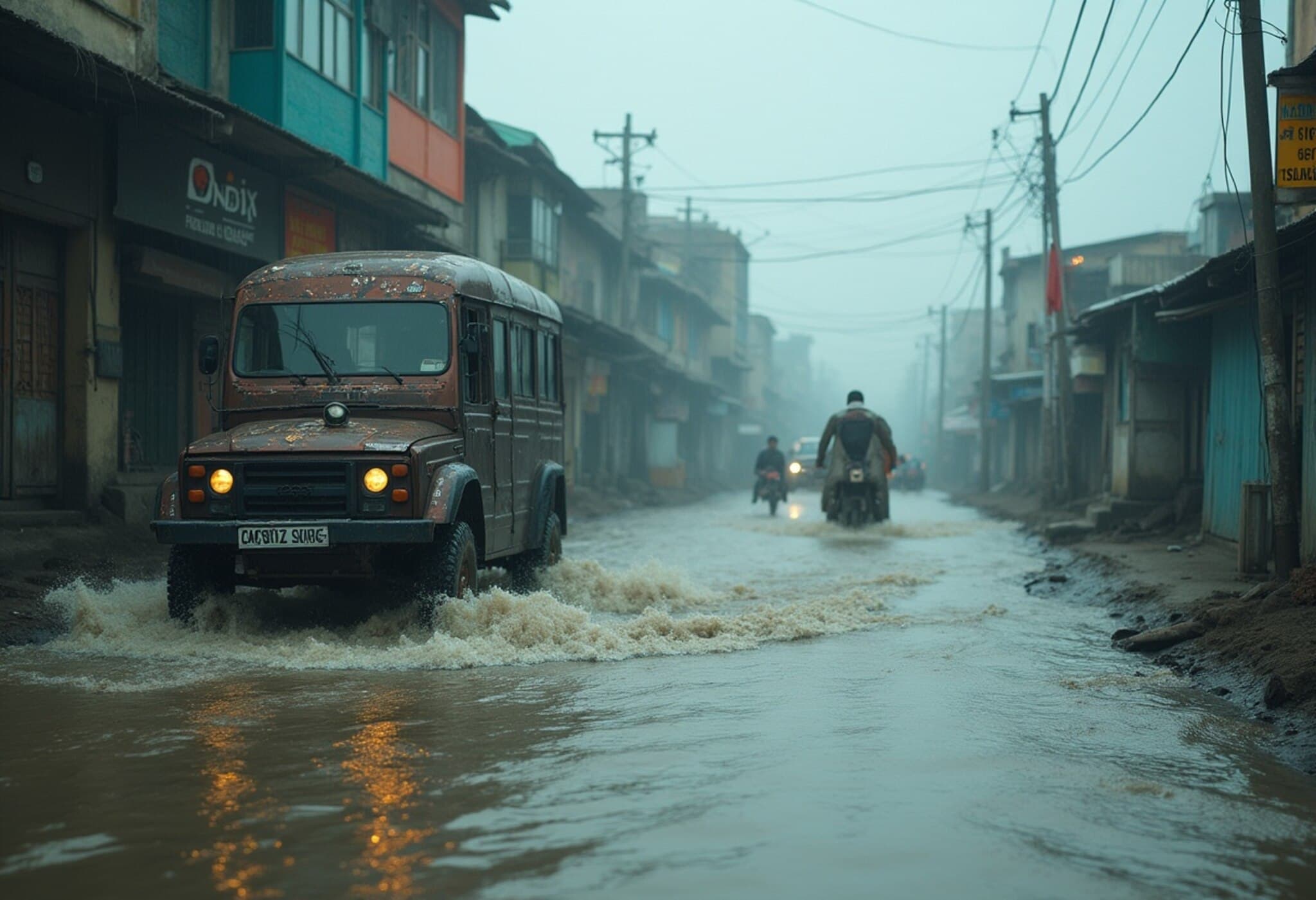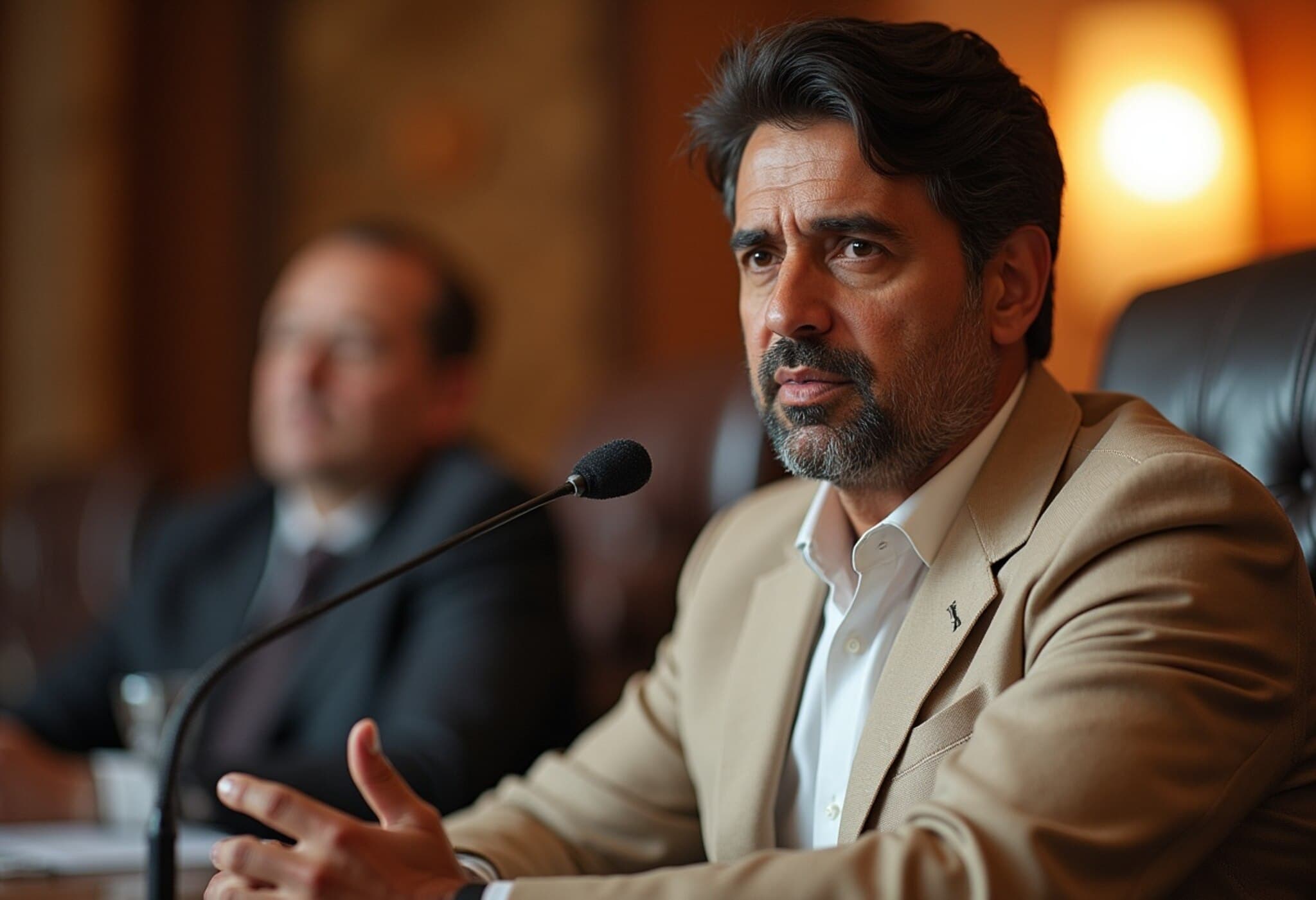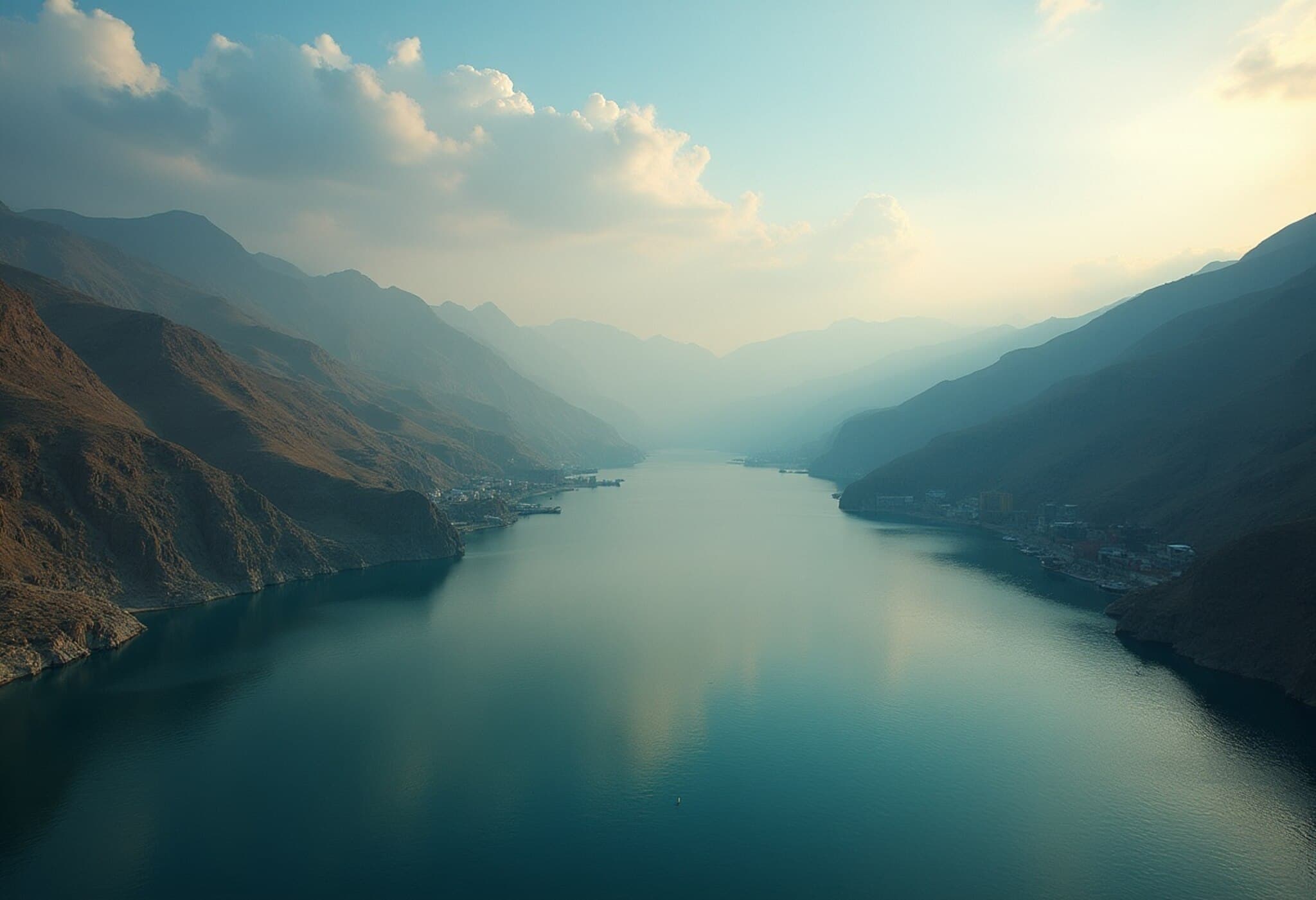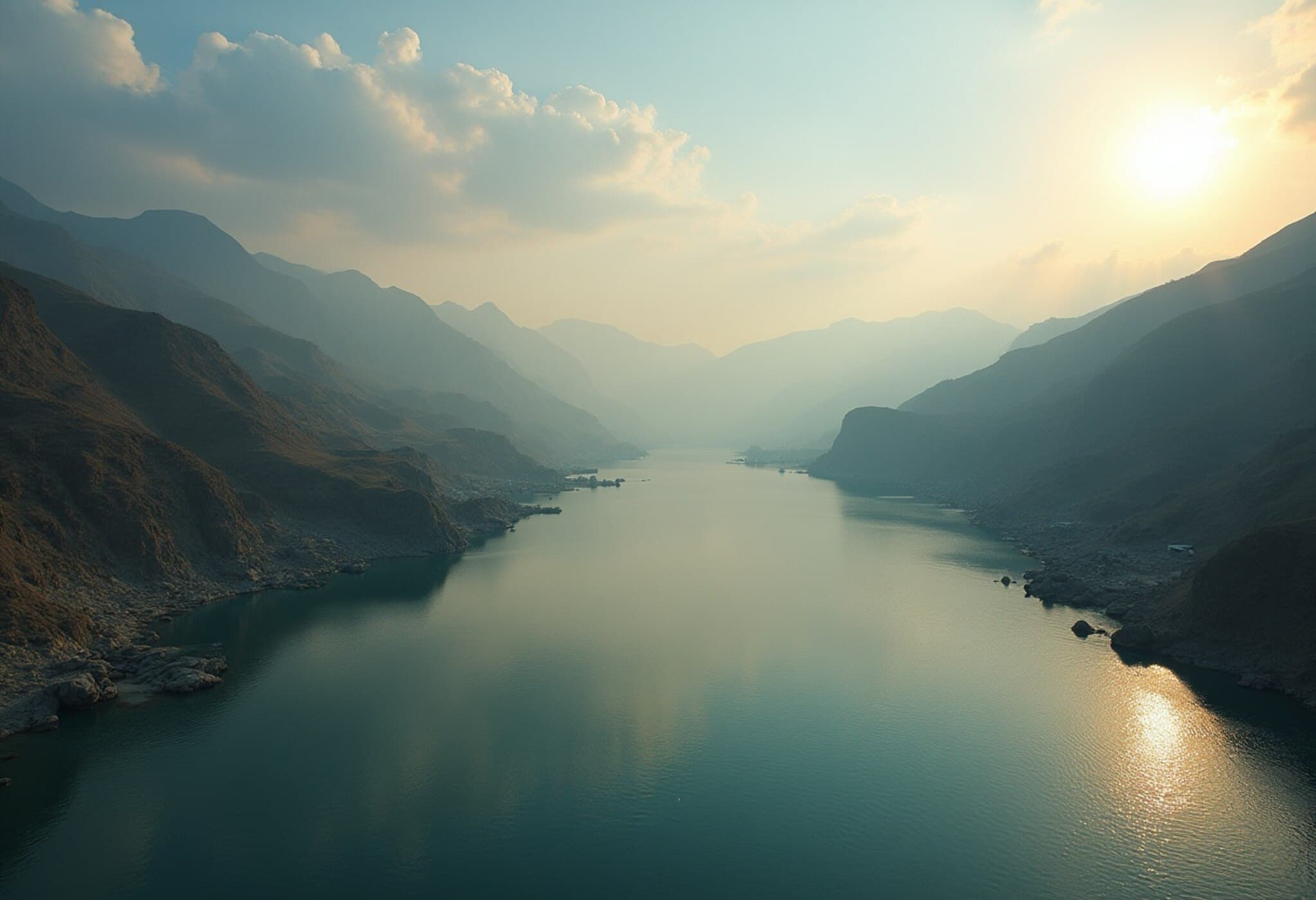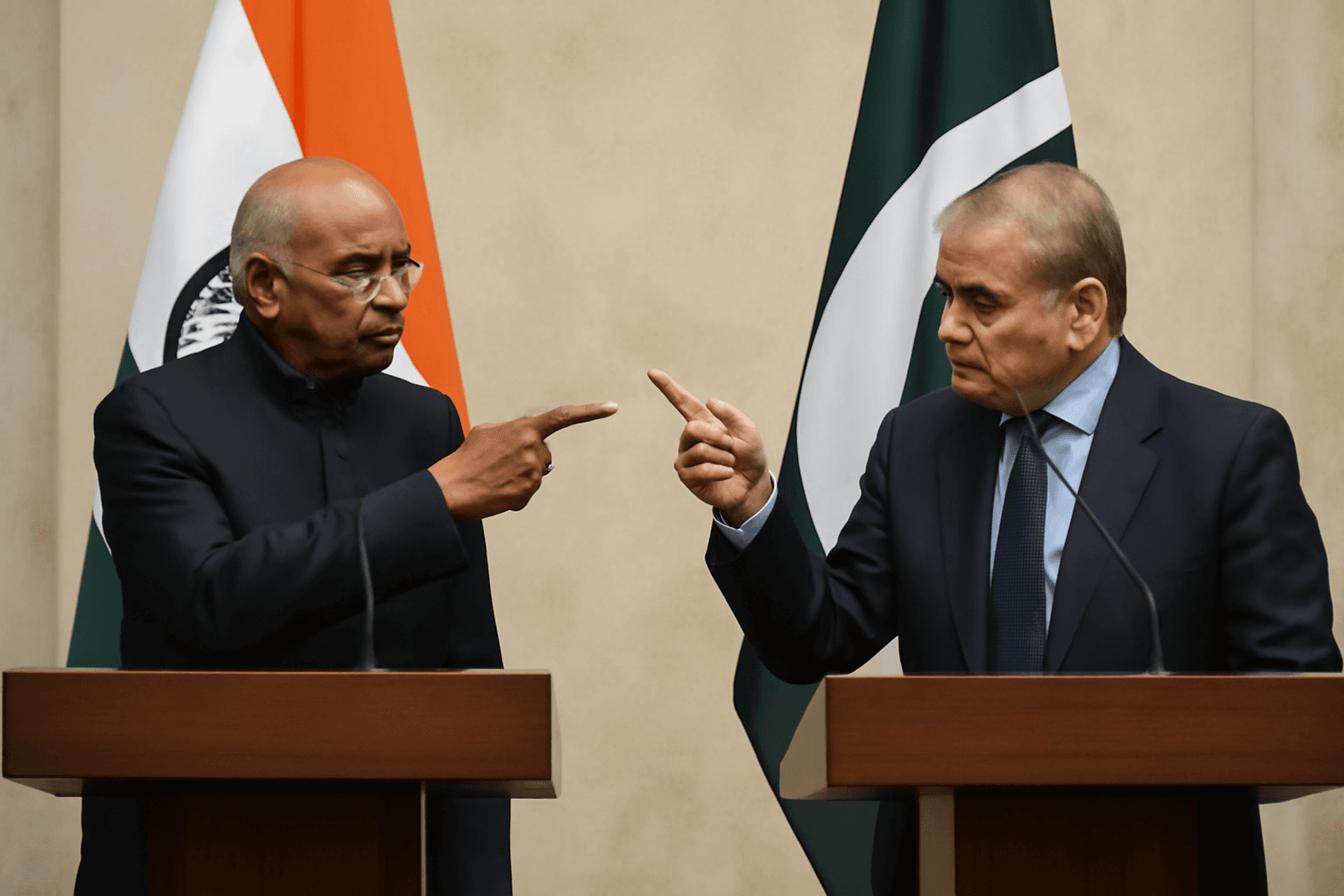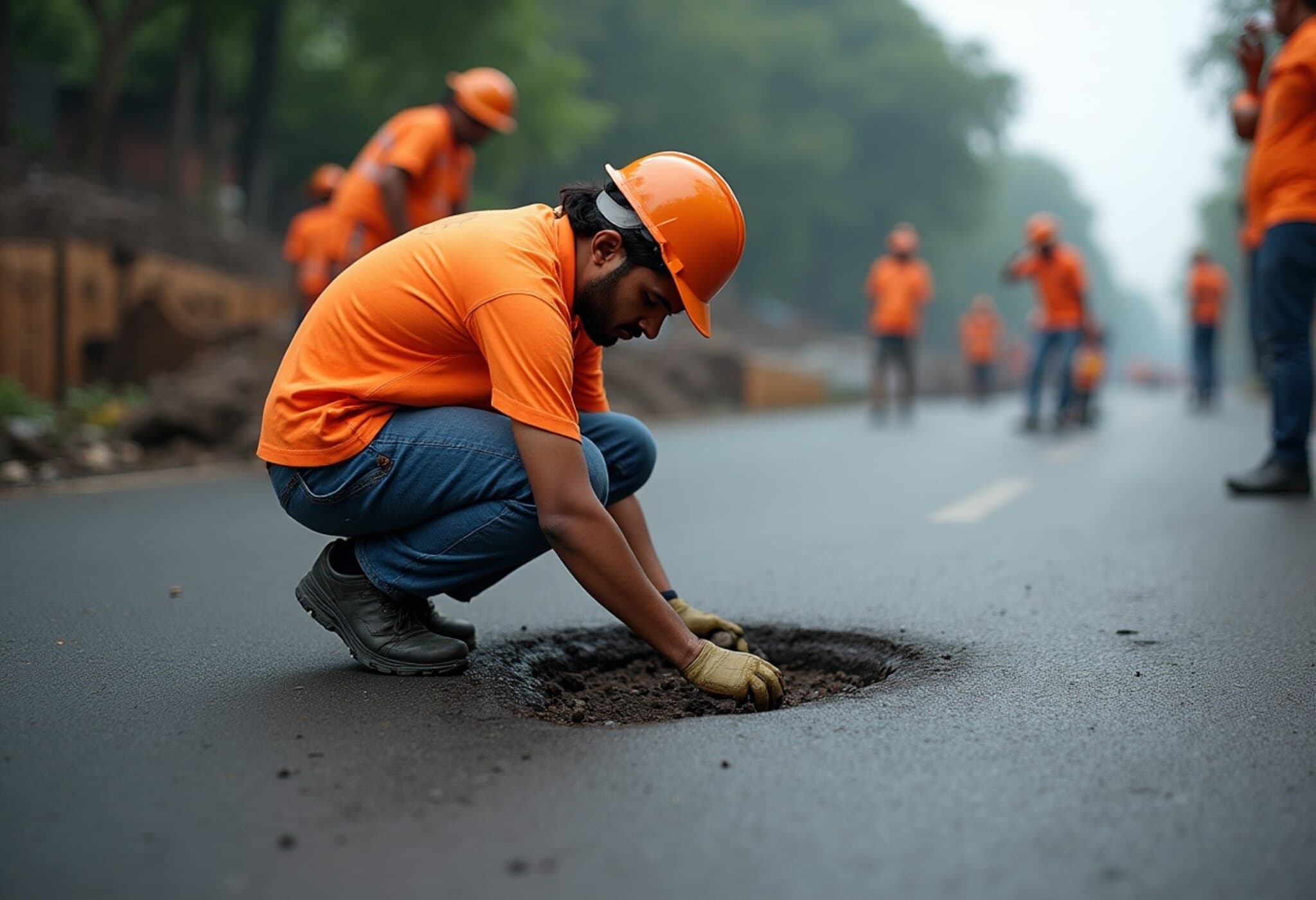India Requests Pause on World Bank Expert's Review of Hydropower Disputes
In a recent move following the Union government’s decision to place the Indus Waters Treaty (IWT) in abeyance, India has formally asked the World Bank's neutral expert to halt proceedings related to two ongoing hydropower disputes with Pakistan. These disputes center on the Kishanganga project on the Kishanganga river and the Ratle project on the Chenab river, both located in Jammu and Kashmir.
The Role of the Neutral Expert
The neutral expert, Michel Lino, a French dam engineer appointed by the World Bank in October 2022, has been responsible for evaluating whether the design and operation of these projects comply with the terms of the IWT. His mandate includes hearing both India's and Pakistan's perspectives, particularly regarding claims by Pakistan that India is breaching the treaty’s minimum water flow requirements.
India’s Stance and Pakistan’s Response
Following the Indian government’s decision to keep the treaty suspended "until Pakistan credibly and irrevocably abjures its support for cross-border terrorism," India officially notified Lino of its request to vacate the previously agreed 2025 work programme related to these disputes. Pakistan opposed this suspension and rejected any proposal to pause the dispute resolution process.
According to the original schedule, Pakistan was to submit its detailed counterarguments against India’s submissions by August 7, followed by a fourth meeting of the neutral expert and both parties from November 17 to 22. This meeting would have included extensive deliberations and preparations for a second site visit in India, expected in December.
Context Behind the Suspension: The Ultimatum to Pakistan
The decision to suspend the treaty followed an attack at Pahalgam and India's firm ultimatum demanding that Pakistan end its support for cross-border terrorism. Under the IWT, India has unrestricted rights over the waters of the Eastern Rivers—Sutlej, Beas, and Ravi—whereas the waters of the Western Rivers—Indus, Jhelum, and Chenab—are primarily allocated to Pakistan.
As the neutral expert considers India's appeal, Pakistan’s views are also taken into account before deciding whether to proceed or pause. Correspondence between the two governments has occurred, including India’s formal notification on April 24 and Pakistan’s willingness to discuss India's concerns via proposed talks in May. However, India has not accepted these overtures amid current tensions.
Looking Ahead: Infrastructure Plans and River Management
While the treaty remains in limbo, Indian officials are pressing ahead with plans to construct a canal system to divert waters from the Indus river system across various Indian states. Additionally, two significant flushing operations to clear sediment — the first since the projects’ respective constructions — were carried out at the Baglihar and Salal hydroelectric plants on the Chenab river in Jammu and Kashmir. These flushing exercises, previously blocked by Pakistan under the treaty terms, will now continue monthly to maintain optimal power generation.
Moreover, the Indian government is accelerating four key hydroelectric projects on the Chenab: Pakal Dul (1,000 MW), Ratle (850 MW), Kiru (624 MW), and Kwar (540 MW). Notably, Pakal Dul marks the first storage-based hydroelectric initiative in Jammu and Kashmir, underscoring India’s focus on expanding its hydropower capacity despite ongoing treaty disputes.

